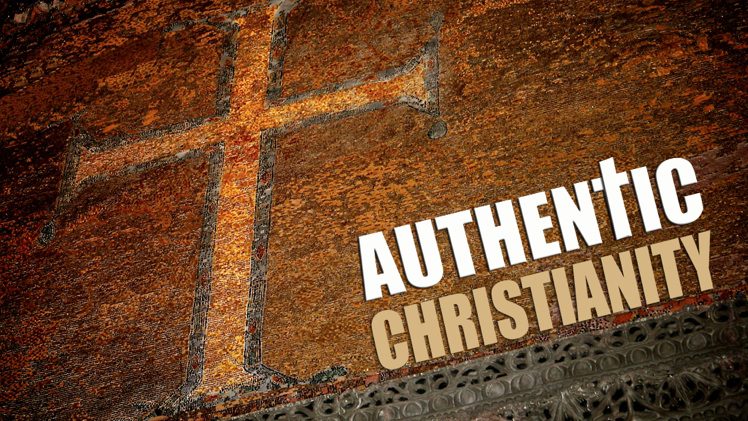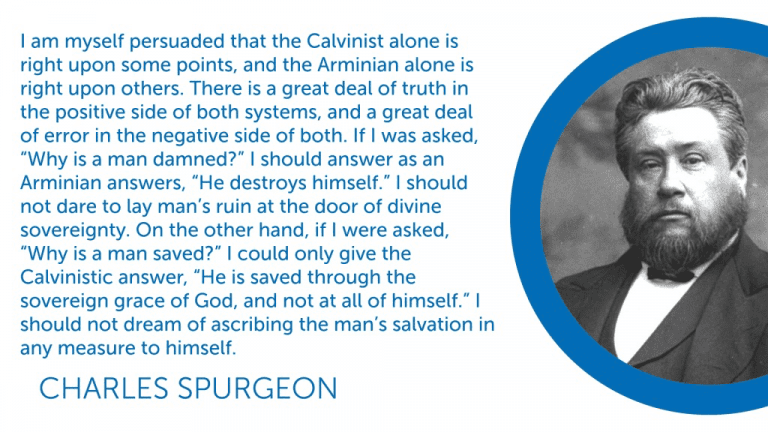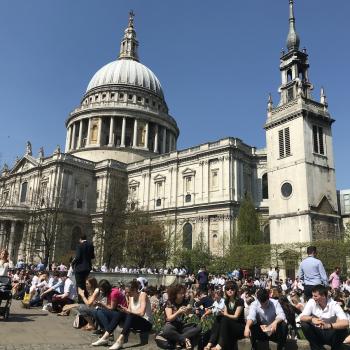
Instead of dismissing other kinds of church, learn from them.
Does your church think it is perfect? If so RUN away from it as fast as possible. Too many churches think they have all the answers. They describe themselves as ‘bible believing’, and act as though people that agree with them on everything are the only authentic Christians.
We come to a perfect God, reading a perfect Bible, but we remain imperfect people. As the old saying goes if you find a perfect church please do not join it because you will ruin it.
Our lack of perfection is shown both in our behaviour and our beliefs. Too many Christians have bought into the lie that there are good people in this world who never do anything wrong and are the victims of the oppressors in this world who never do anything right. The modern culture of refusing forgiveness to anyone who transgresses and instead cancelling people for even minor flaws is dangerous because it stops us from admitting we are in the wrong. This notion of not acknowledging that we all do wrong things from time to time is at the core of woke culture. Acknowledging your own imperfections or as the Bible calls them sins is the first step to being saved. But does your pastor surround themselves with a group of people who all appear to be perfect? Or do they acknowledge that they too are profoundly flawed? Is there room for the mess of normal lives in your church?

When it comes to doctrine we all have blind spots where we might think we are following Christ but we are not. None of us have a perfect theology. If you think you do, find a preacher or theologian from a different background to you and read their works, and some of the verses that they cite to support their views. You know, those verses that you skip over when you are reading the Bible, the ones you would never hear preached about in your church. Those verses which you explain away because they seem to contradict your teaching. Your attitude to such verses shows whether you really believe in the whole Bible or just your favourite bits.
Many Christians reduce theology to a series of dichotomies or simple choices between two views that don’t overlap. Are you Arminian or Calvinist? Are you Credobapitst or paedobapist? Are you Charismatic or cessationst? And so it goes on with issue after issue and churches have historically tended to divide on where they stand on those issues. We think that we know better than our brothers and sisters in churches we disagree with. Spurgeon had a different take on this for example teaching that Arminians are right on some things and Calvinists on others.

These days families or denominations of churches often seem to have more variation within them. It is very possible for example that an FIEC church might have more in common with a Newfrontiers charismatic church than it does with some other FIEC churches. Surely we can also learn from others who might disagree with us.
If we understand that as flawed people we make up flawed churches then we might be less proud of our own church and its preaching. We might realise that other types of churches and other styles of preaching might have something to teach us.
Every Christian and every church reflects something of the glory of Christ, but we all do so imperfectly.
Different people and different churches will reflect different aspects of Christ’s glory. We all need each other to help us find our blind spots where our understanding or practices remain veiled. We see Christ not just in private mediation on his excellencies but by looking at each other where we will find Christ being reflected back to us:
Whenever someone turns to the Lord, the veil is taken away. 17 For the Lord is the Spirit, and wherever the Spirit of the Lord is, there is freedom. 18 So all of us who have had that veil removed can see and reflect the glory of the Lord. And the Lord—who is the Spirit—makes us more and more like him as we are changed into his glorious image. (2 Cor 3:16-18, NLT)
This is why I wrote about the Brethren as an example of how Christ uses various movements in the church to help his Global Church recover things that have been lost.
Instead of dismissing other types of churches to yours, why not think about what you can learn from them? This mutual assistance of every part of the body to every part of the body is what Ephesians 4 is referring to:
So Christ himself gave the apostles, the prophets, the evangelists, the pastors and teachers, 12 to equip his people for works of service, so that the body of Christ may be built up 13 until we all reach unity in the faith and in the knowledge of the Son of God and become mature, attaining to the whole measure of the fullness of Christ.
14 Then we will no longer be infants, tossed back and forth by the waves,and blown here and there by every wind of teaching and by the cunning and craftiness of people in their deceitful scheming. 15 Instead, speaking the truth in love, we will grow to become in every respect the mature body of him who is the head, that is, Christ. 16 From him the whole body, joined and held together by every supporting ligament, grows and builds itself upin love, as each part does its work. (Ephesians 4:11-16, NLT)













